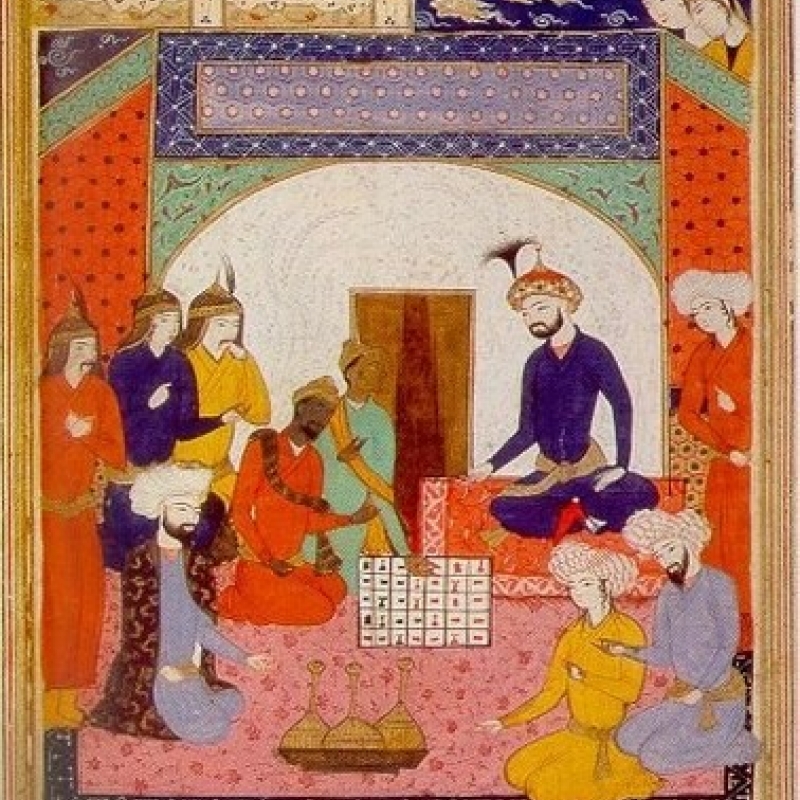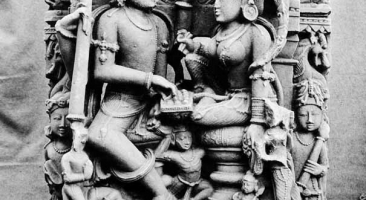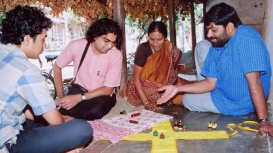India has a rich history of inventing board games, many of which have travelled far and wide, developing various regional variants all over the world and becoming intrinsic parts of everyday life and leisure. Many of these board games continue to be played by people all over the world in their modern avatars, for example ludo, chess, and snakes and ladders. This module attempts to trace the cultural history of traditional Indian board games by looking at the various cultural contexts in which they appear in Indian history. The role of board games in Indian epic traditions (like chaupar in Mahabharata), in religious myths (Shiva–Parvati games in Hindu traditions), in architectural models, among other things, has also been discussed. It also focuses on board games and the politics of their movements across the subcontinent, and identifies board games as a legitimate site of visual culture, while also looking at the conservation efforts centered on documenting, preserving and re-popularising board games through modern marketing and branding methods.
Traditional Board Games of India
in Module
Published on:

Mohit Srivastava
Mohit Srivastava is a research scholar at Department of Sociology, Delhi School of Economics, University of Delhi. His research interests include aesthetics and politics, new media cultures, and performance studies. He has also studied Hindustani Classical Music at Gandharva Sangeet Mahavidyalaya, Pune.



